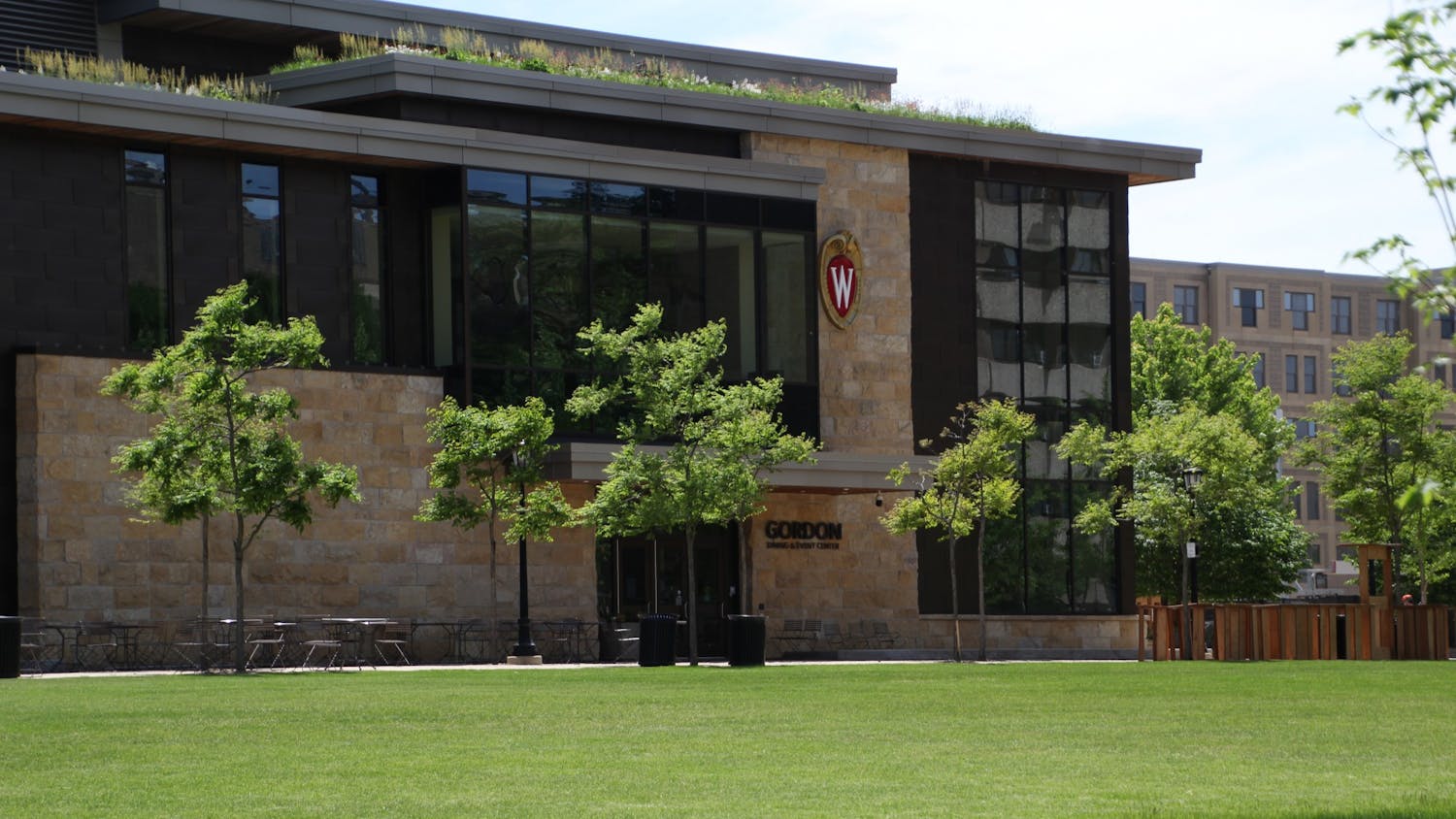Each week until Election Day, The Daily Cardinal will profile a down-ballot race in Wisconsin, taking a look at the state and local candidates and their policy views. We begin the series with a look at the Badger State’s U.S. Senate race between Ron Johnson and Russ Feingold.
As Democrats nationwide try and take back the U.S. Senate, in addition to securing the White House, the crucial race in Wisconsin has a distinct feeling of déjà vu.
Democrat Russ Feingold is challenging incumbent Republican Ron Johnson after the Oshkosh businessman defeated Feingold in 2010. In doing so, he is looking to become the first outgoing senator in more than 80 years to take back his seat the election cycle after losing it.
Feingold seems well on his way to doing just that, leading Johnson in every poll conducted since he entered the race in 2015. In the most recent Marquette Law School Poll, Feingold led by four points. In a recent Quinnipiac poll, that lead stretched to 13 points.
But with the race now officially entering the home stretch, passing the Labor Day deadline when many begin paying attention to down-ballot races, both sides are bracing for a battle. Democrats need to win back five seats to regain control of the Senate, and Wisconsin is one of their most promising avenues to doing so.
Trying to avoid this fate, Johnson is using many of the same tactics used in 2010: assailing Feingold’s record as too liberal and casting him as an out-of-touch, beltway insider. That election was a perfect storm for Feingold’s defeat, as he fell in a conservative-leaning midterm election which saw many voters push back against the record of President Barack Obama and Senate Democrats.
Feingold earned an iconoclastic reputation during his tenure in Congress. He was the lone member of the body to vote against the USA PATRIOT Act in the wake of 9/11 and helped pass landmark campaign finance reform legislation which bears his name: the McCain-Feingold Act.
In recent months, he has highlighted his foreign policy experience, serving in the State Department after losing his Senate seat, and has called for an authorization of military force in Syria to clarify the United State’s role in the region and in defeating ISIS.
“Cut off their lifeblood," Feingold said of ISIS in December. "Don’t be foolish and play their game, which is to send our troops over there without a clear strategy.”
Johnson, chairman of the Senate Committee on Homeland Security, has instead advocated a more active military presence in the region.
"What we have to do to defeat Islamic terror is to destroy them,” Johnson told Fox News after an attack at a gay nightclub in Orlando in June. “We have to destroy Islamic terrorists wherever we find them on the planet and defeat them. People do love peace. But that's not ISIS' profile. I don't know why they do what they do, but they are doing it and it has to be stopped."
Domestically, the two have sparred over issues ranging from environmental protections to the state’s business climate. But no issue demonstrates the divide between the two candidates better than the issue of college affordability.
Johnson has said he is opposed to federal involvement in financing student loans. In a 2012 interview with The Daily Cardinal, he said he has “multiple problems” with how the federal government encourages students to take out loans for college, a position he has repeated since.
“Why are we encouraging our young people to get into debt, first of all?” Johnson said. “Why is the federal government even making money off the loans? Why is the federal government even involved in the student loan program? … The federal government shouldn’t even be involved in granting student loans.”
Feingold disagrees, saying that the rising price of higher education is “a denial of the American Dream” and has advocated for a bill authored by Massachusetts Sen. Elizabeth Warren to allow students to refinance student loan debt.
“A college education must be available to those who work hard to get there,” Feingold said last year at a rally with Warren. “Your parents shouldn’t have to be rich for you to go to college.”
Both candidates are doubling down on their rhetoric, with Johnson recently announcing a major ad buy to counter Feingold, who has been airing ads since April.






